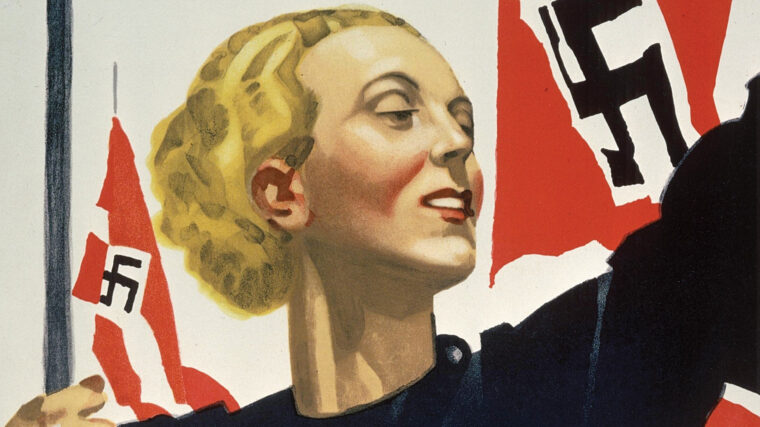
A BDM Girl Comes to America
By Don A. GregoryFrieda’s last doll was bought for her by her father, August Streit, in 1938. At age 10 she was really too old for dolls, her father thought, but he would buy her this last one. Read more

Frieda’s last doll was bought for her by her father, August Streit, in 1938. At age 10 she was really too old for dolls, her father thought, but he would buy her this last one. Read more
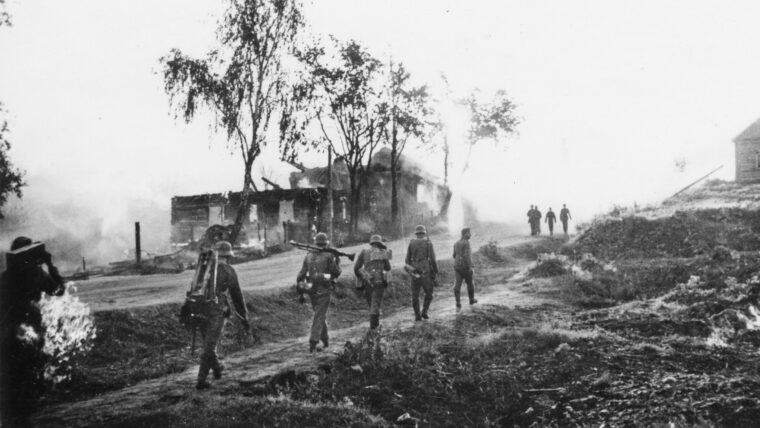
BACKSTORY: Wilhelm Lubbeck served as an enlisted man in the 58th Infantry Division on the Eastern Front during Germany’s 1941 invasion of the Soviet Union before being promoted to lieutenant. Read more
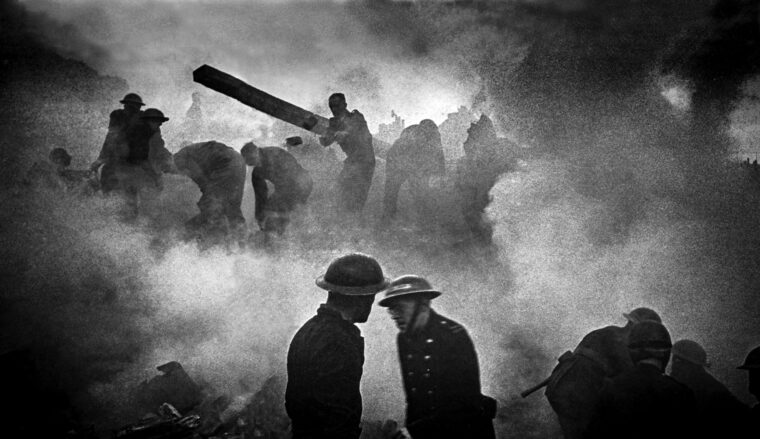
The first word of the incoming Luftwaffe raid arrived at about 10:45 p.m. on the night of Saturday, May 10, 1941. Read more
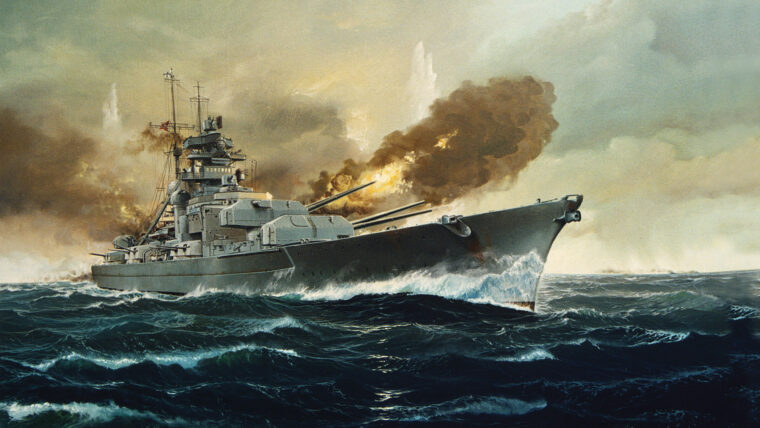
Baron Burkhard von Mullenheim-Rechberg’s life was in danger. An officer aboard the German battleship Bismarck, Mullenheim-Rechberg was at his station as his ship was trading salvos with several British warships. Read more
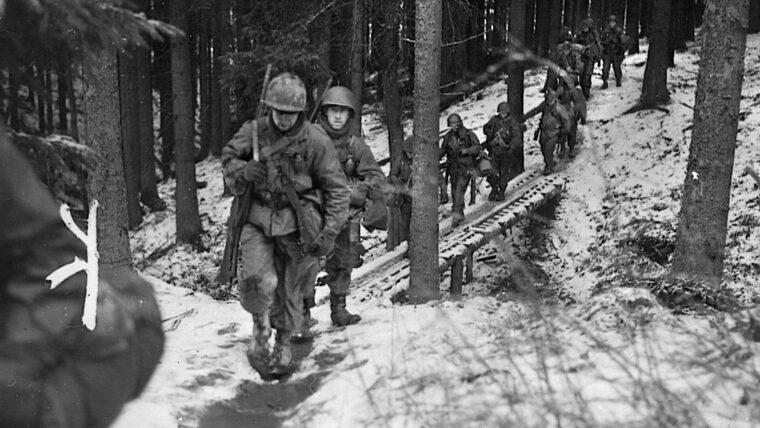
When the men of the newly arrived 106th Infantry “Golden Lions” Division arrived on the front lines near St. Read more
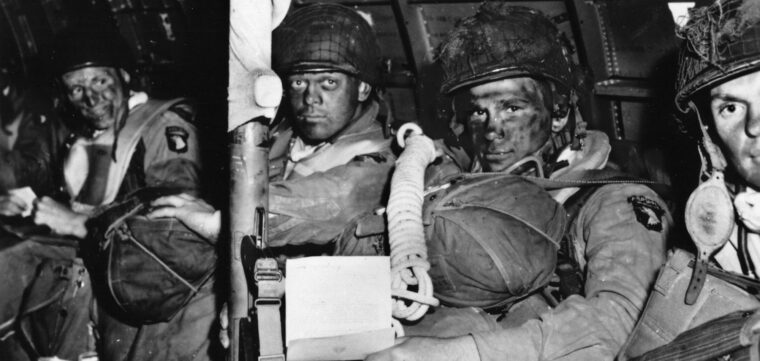
The paratroopers of the 3rd Battalion, 506th Parachute InfantryRegiment (3/506), 101st Airborne Division fought long and hard during Operation Market-Garden, the Allied assault through Holland aimed at piercing into northern Germany and ending the war. Read more
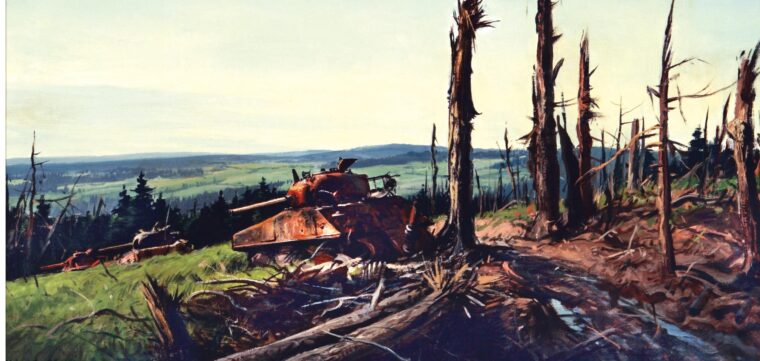
Seventy-eight years ago, the U.S. First Army was embroiled in the longest battle of World War II fought on German soil. Read more
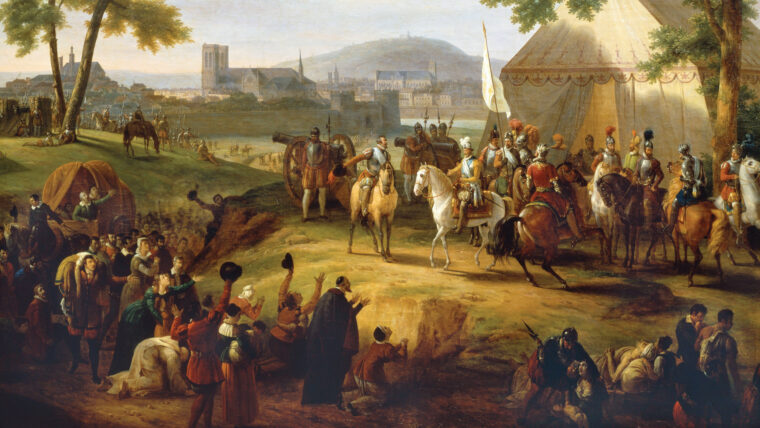
On March 14, 1590, King Henry IV of France achieved his greatest military victory on the field of Ivry. Read more
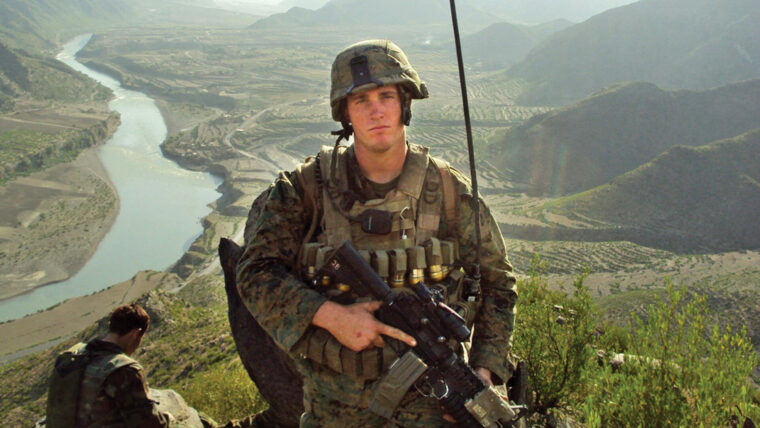
Moonlight bathed the dusty narrow path leading into the village of Ganjal shortly before sunrise on September 8, 2009, as nearly 100 soldiers climbed out of more than a dozen vehicles a mile from the seemingly peaceful village. Read more
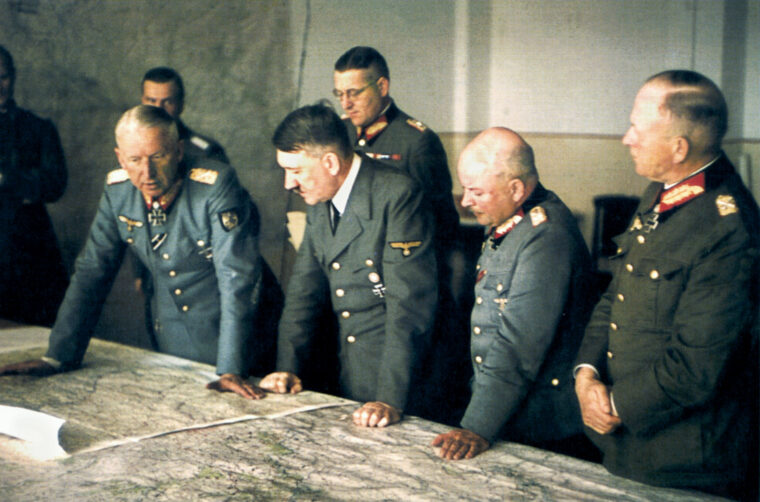
With all it had going for it, how did Germany manage to lose World War II? There are many answers to this deceptively simple question, including the obvious one that the Allies had the technical and industrial advantage. Read more
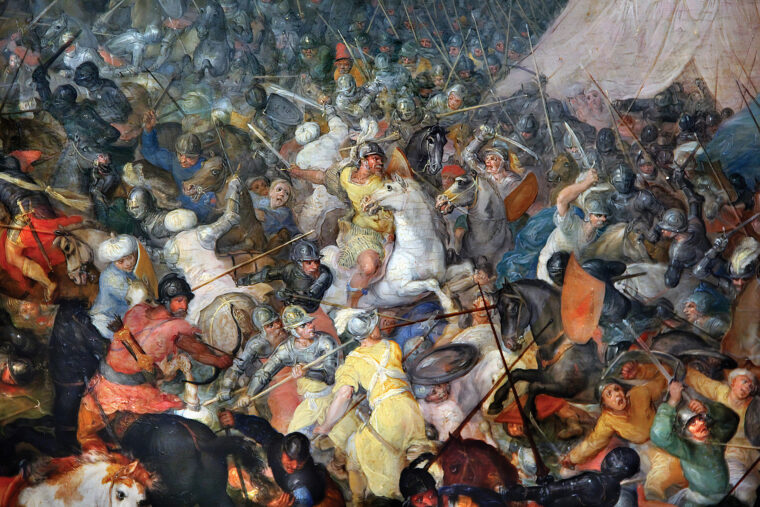
Those rare qualities that set the extraordinary military commanders apart from the average ones were present in Alexander the Great, wrote the Greek historian Arrian, who drew on the account of Alexander’s general, Ptolemy. Read more
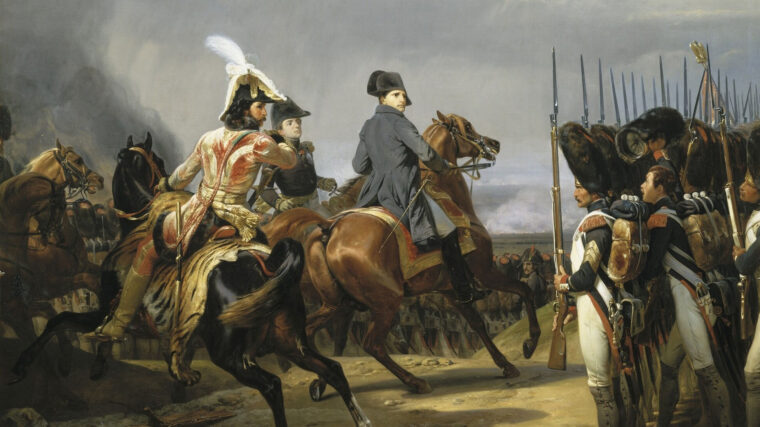
When Napoleon Bonaparte became First Consul of France in December 1799, he consolidated the two seperate guard bodies, one for the directory and one for the legislature, into the Guarde des Consuls. Read more
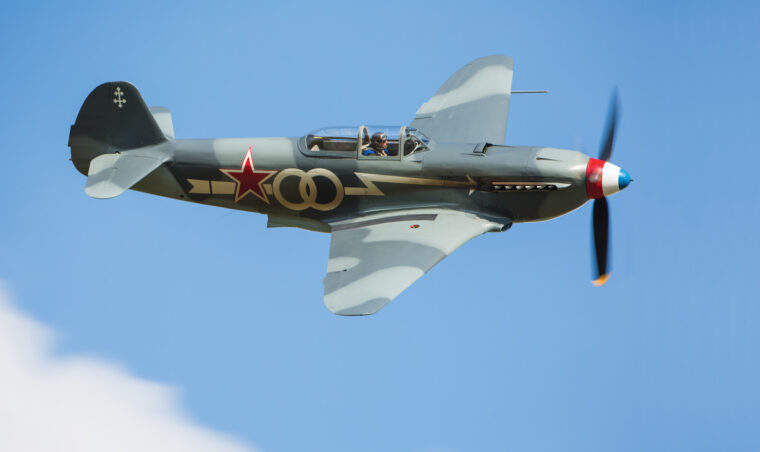
Roger Sauvage was born in Paris in 1917 to a white Parisian woman and a black soldier from Martinique. Read more
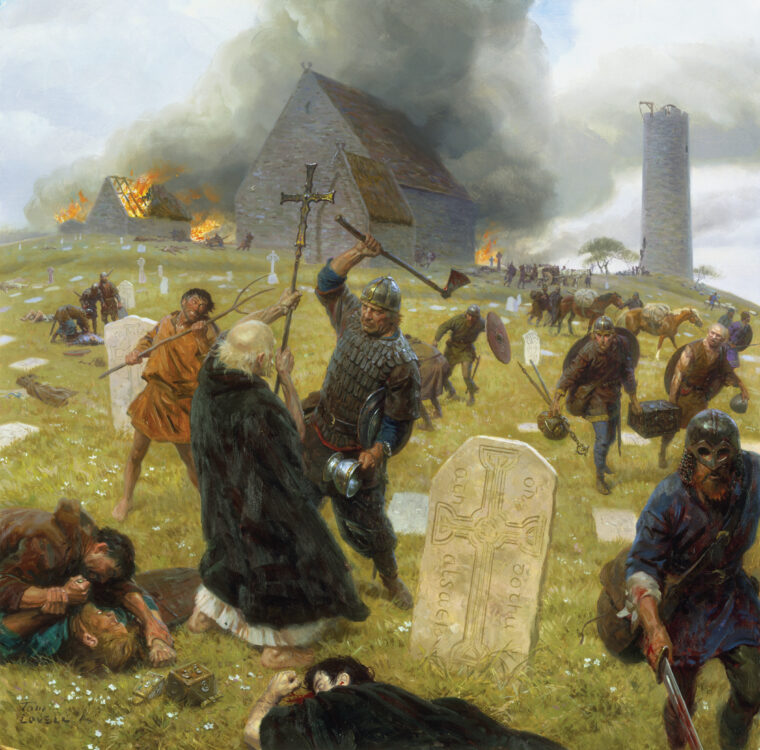
The stereotypical Viking and his method of warfare have long been etched in the popular mind. Images of hairy, axe-wielding, and horned-helmeted barbarians raiding coastlines amid a frenzy of rape and pillage have for centuries filled our collective consciousness, as well as our desire to be entertained. Read more
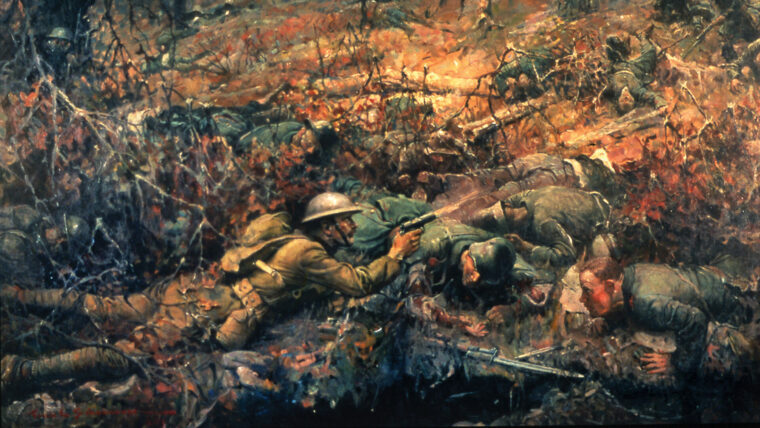
Petty Officer R. J. Thomas, a U.S. Navy SEAL, wound up in deep trouble one day in 1969. Read more
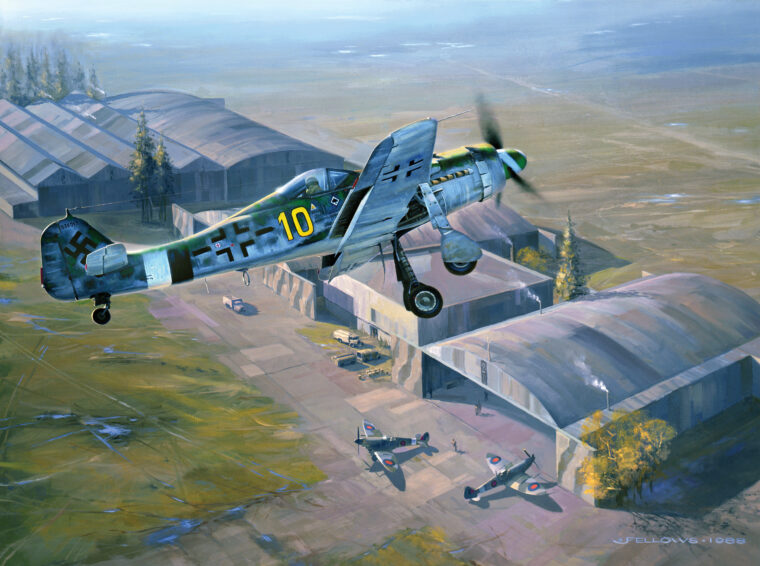
An American advertising poster for one of their bombers showed a cartoon of a smiling pilot over the captioned question, “Who’s afraid of the big Focke-Wulf?” Read more
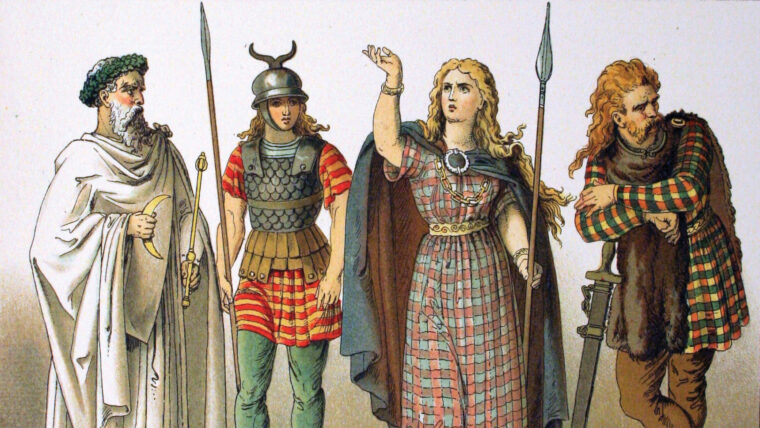
The lash bit into the flesh of the woman’s back, beaten raw by metal balls tied into the ends of leather thongs. Read more
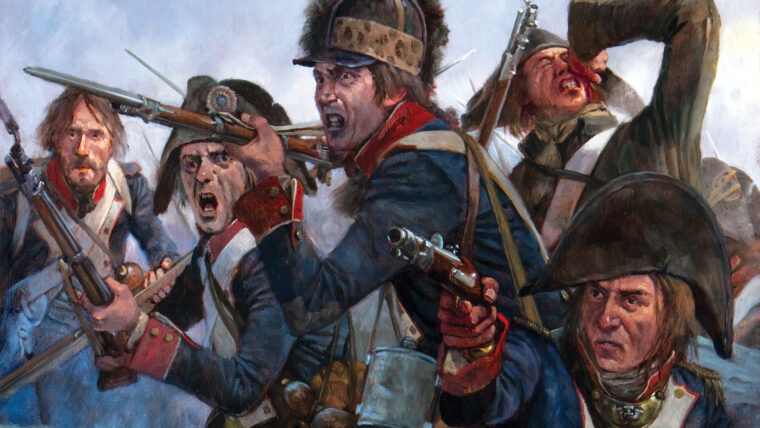
As the sun dipped low in the west on August 13, 1799, Russian Field Marshal Count Alexander Suvorov rode slowly south towards the heights on which was perched the walled town of Novi, in Italy’s Piedmont region. Read more
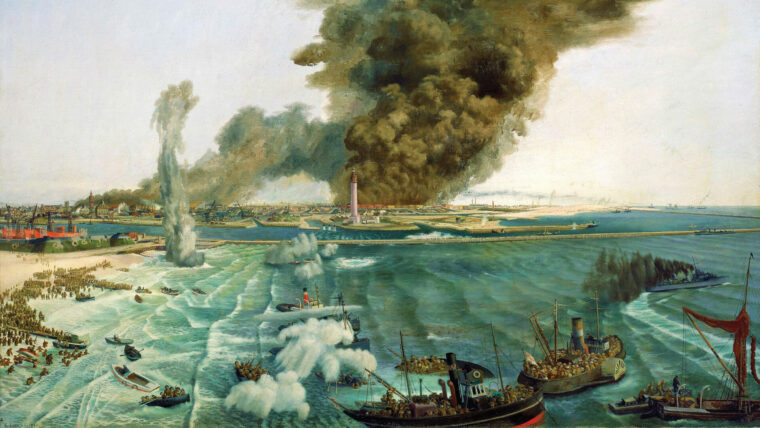
As aptly stated by historian Max Hastings in his book Warriors, “the leaders most readily admired by fellow-soldiers are those who seem committed to do their duty, and also to bring every possible man home alive.” Read more
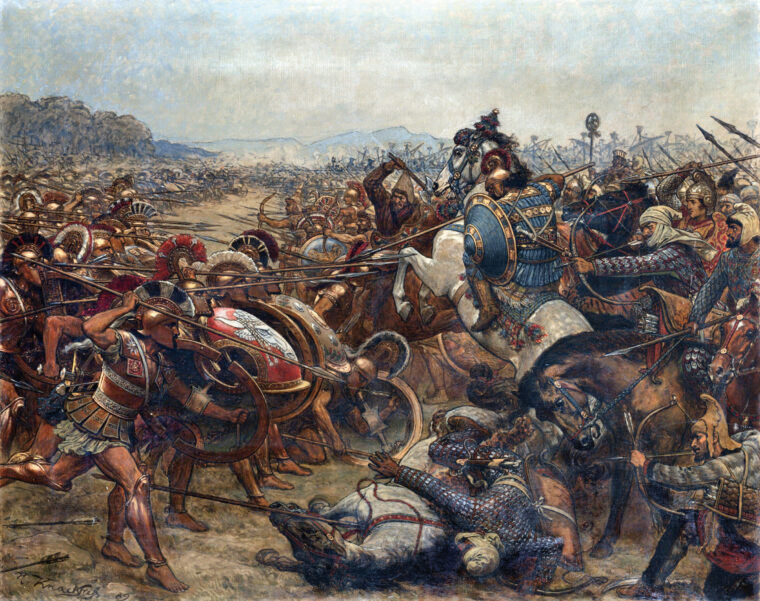
In 491 bc, heralds sent by Persian Emperor Darius I traveled throughout Greece with a message for each of the city-states of the Greek peninsula. Read more